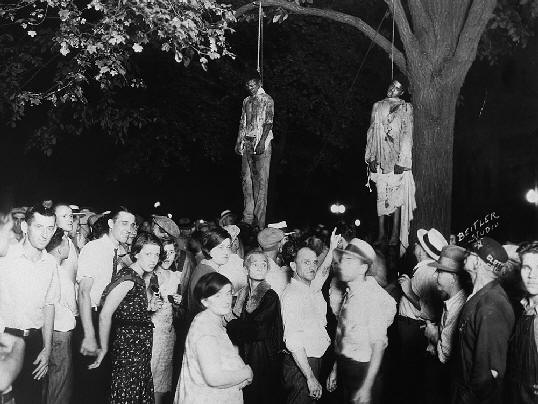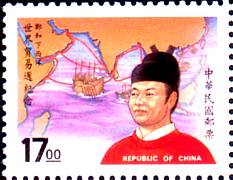Omar Bradley: General At War by Jim DeFelice

Published in 2011 by Regnery History Regnery Publishing's newest imprint, Regnery History has found something new to tell about one of the most written-about parts of World War II: D-Day. You may ask yourself, what else can be said about D-Day that hasn't been said? We have had powerful, visceral movies like Saving Private Ryan , The Longest Day and Patton and the famed HBO series Band of Brothers . Article after article and book after book have been written about D-Day, the Battle of the Bulge and the final days of Nazi Germany but somehow we have failed to have had a serious biography of one of the invasion's central planners and one of the men who engineered the entire campaign from the beaches of Normandy until the defeat of Germany: American 5 star general Omar Bradley. The problem with Omar Bradley and historians is that he is not Patton. Patton is brash, daring and iconic. Bradley did not chase headlines and did not wear fancy pistols. He was daring, but not a...














